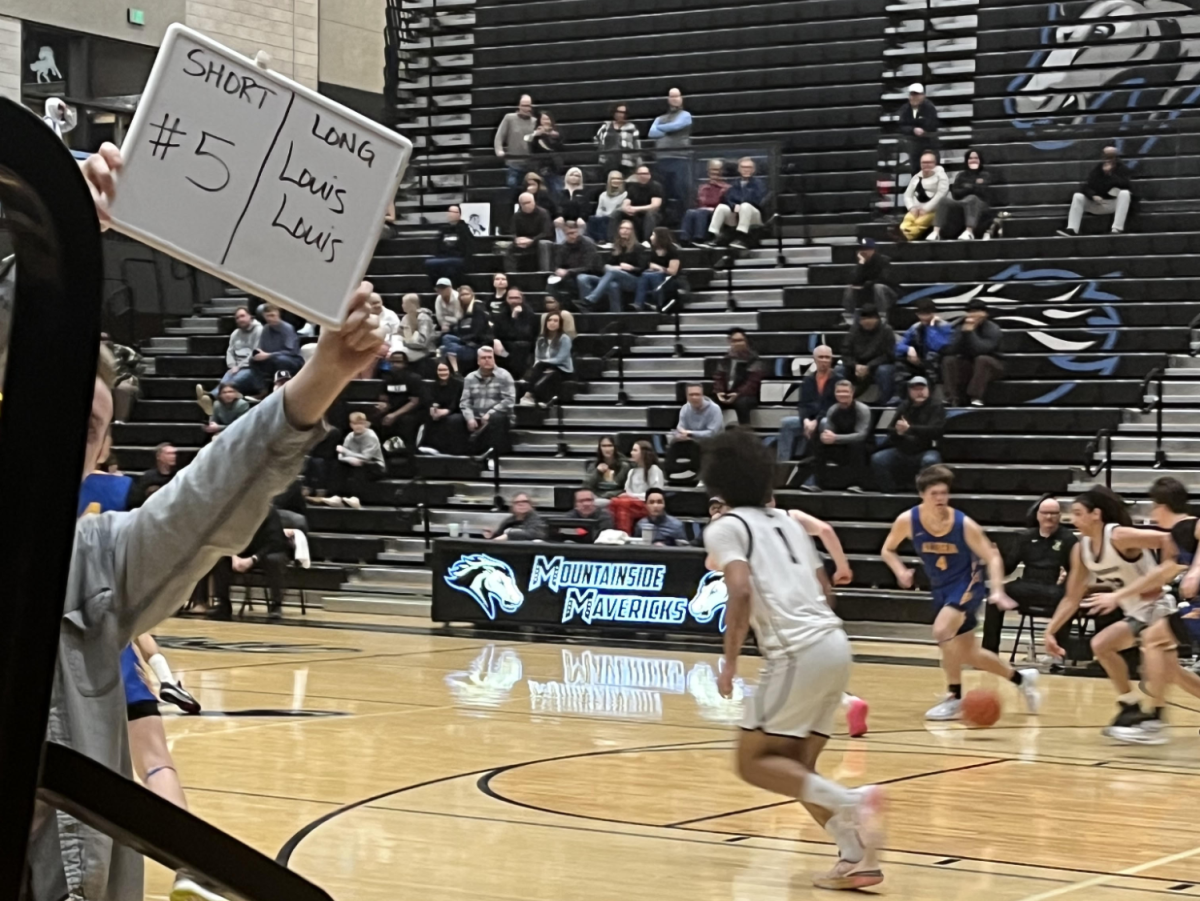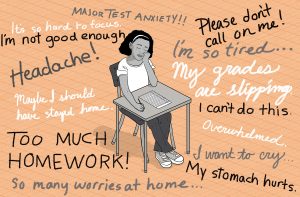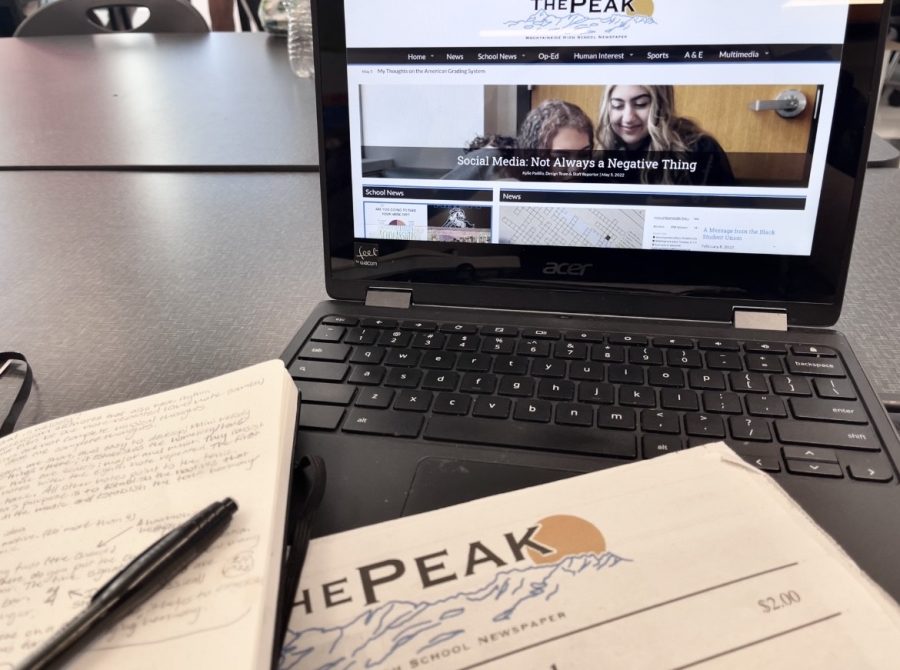College: A Must or a Bust?
School, Bucerius Law. “People Standing in Front of Brown Concrete Building During Daytime.” Unsplash, 24 Aug. 2020, unsplash.com/photos/hQ4WT372J9g.
October 20, 2022
From the very first day of high school till the very last, many students come and go still wondering “What comes after graduation?” Despite high schools giving many opportunities to learn about college, it feels like most students including myself are completely lost when it comes to the process of transitioning to college. College is always taught to be the ultimate goal of each student, in fact that’s what we’re told since the moment we start elementary school. But, what about those who can’t afford or don’t want to go to college?
Being able to getting higher education is a luxury that anyone can strive for, but first you must have enough money, be at least middle class, academically successful and also maintain a work and school life balance. Sounds easy, right? Of course nothing comes automatically and it will take hard work and dedication to get accepted into college. In spite of all that, even if you are accepted into college now you have to work off the debt, balance school work, pay off extra fees (including housing), all while working minimum wage plus your meals and necessities. Unfortunately, the hard truth is that debt is a student’s worst fear and instead of college bringing success it could do the complete opposite. It is important for low income students especially to educate themselves on these topics so that if worst comes to worse at least another plan can be put into action. It is quite upsetting to see that college is taught to be the only path to “success” while sugar coating the serious debt college students will have to take on in the future.
In the article named “For Poor, Leap to College Often Ends in a Hard Fall” by Jason DeParle, a journalist from the New York Times, tells the story of three excelling students and how despite being low income, still made it to college. In unforeseen events all three ended up not being able to graduate from a four year college only one is still studying full time plus each one of them now has debt. “Everyone knows life is unfair-being low income puts you at a disadvantage. I just didn’t understand the extent of the obstacles I was going to overcome.” Their story strongly showcases the struggle low income students go through to even attempt to climb higher up in society.
For me college has always felt like the only way I can work up to middle class. I had never really thought of the stress and fatigue that would come along with the pressure of being a first generation college student and a daughter of immigrant parents. One can’t help but fear failure when it feels like your whole family is relying on your success. It got me thinking about the teachers around me and if they always thought of college as their only pathway after graduation.
“Well, I have always known that college was for me since all paths I wanted to pursue always involved college. I didn’t think about any particular pathways that didn’t involve college” said Ms. O’Quinn from the college and career center. O’Quinn’s passion for college since youth has led her to becoming a guidance counselor that helps other students apply for scholarships and learn about the process of going to college.
“No, I don’t think so, you know I think a lot of my extracurricular activities kinda linked themselves to me only thinking about college with sports and stuff like that. But, even when I was going through my training program to become a teacher I think there had been multiple paths for myself that were not academic that I wanted to pursue.” said Mr.Testa, an 11th grade Avid teacher.
It seems like teachers were able to find a career path in college that corresponded to their interests in the very end. On the other hand a student voiced a different way of thinking.
“I don’t know anything about other paths that don’t involve college. It would be nice if school taught us about those pathways as well since I am still unsure about going to college in general,” said a student who preferred to stay anonymous. According to this student they feel like schools could focus on teaching us about career pathways that don’t revolve around going to college. It’s possible that if schools focused on careers both with and without college maybe students would have a clearer understanding of what to do after high school. But we only have so little time and with advisory becoming a once in a while class, our knowledge about college is already limited. Mountainside does offer the Avid program and after school events although it is a shame that students have to go out of their way to gain information that should already be available in any normal class.
Putting aside all the negative aspects when it comes to choosing the correct path for you, what’s most important is following what you are passionate about. Even as a low income student if you choose to go to college try not to be so hard on yourself. Yes, it is important to stay realistic but if you find something that you are truly passionate about don’t be afraid to take the risks because how will you know if you don’t even give it a try? Whether you choose to go to college or not, just know that only you are able to define what success means to you.





















